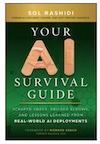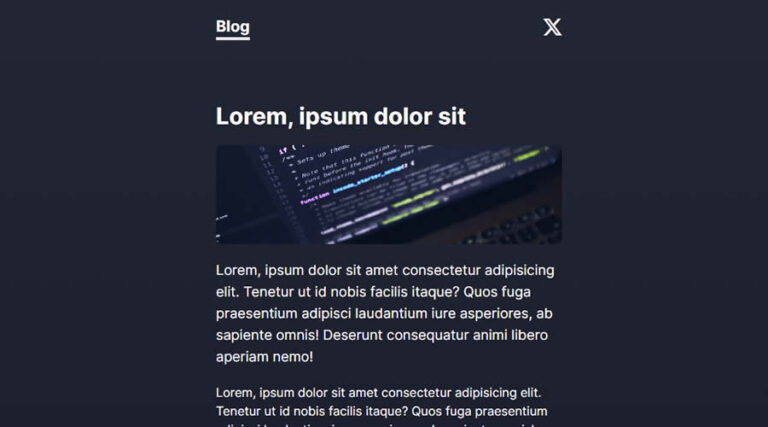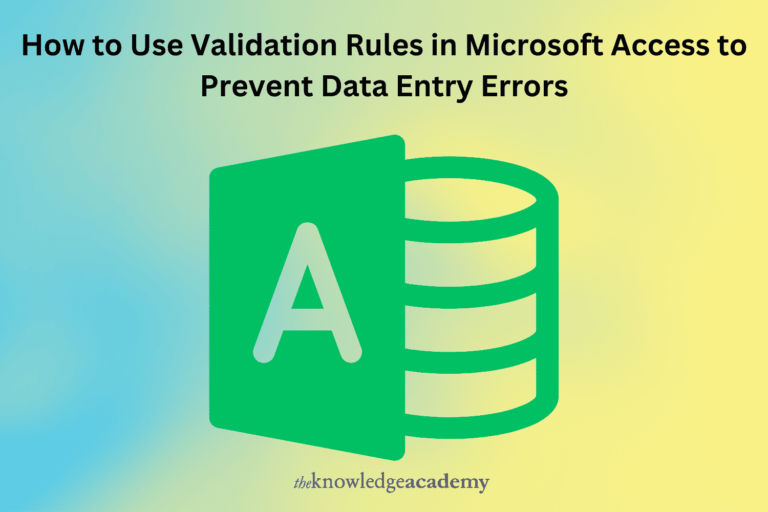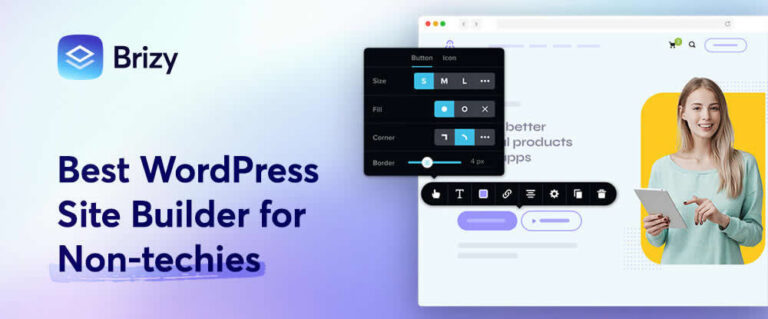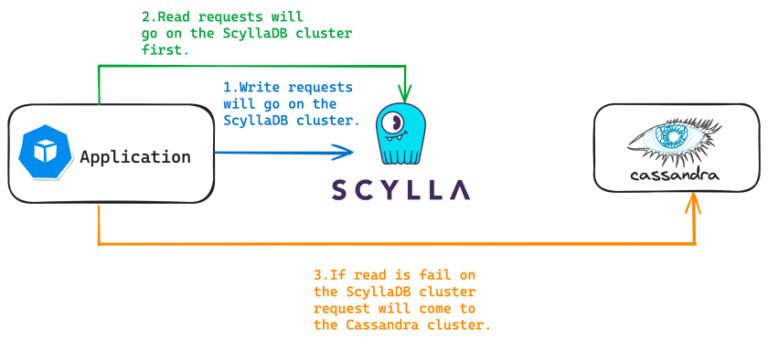I quickly discovered last year how ChatGPT can improve search engine optimization. Google now claims Gemini, its own AI tool, is more powerful.
So I tested Google’s claim, prompting Gemini for the same SEO tasks. I used the latest iteration of each platform: ChatGPT4 and Gemini Advanced.
Here are my findings.
On-page Optimization
My initial prompt:
My target keyword is “audio textbooks.” This is my article [URL]. Is it well-optimized for that keyword?
ChatGPT listed what it considered:
I’ll check:
- The presence and usage of “audio textbooks” in critical areas (title, headers, etc.).
- Overall content structure and readability.
- Relevant linking practices.
- Technical aspects like mobile responsiveness and loading speed.
It then produced generic recommendations, indicating it didn’t analyze the page. Here’s what it offered for internal links (I’ve bolded the text):
Ensure some internal links to other relevant content on your site are included if not already.
Gemini was even less helpful, stating,
I wasn’t able to determine from the article itself whether it is optimized for the keyword. However, I can search on the web and see if there are any SEO best practices that you can follow to improve your article.
I then pasted the entire article into the Gemini prompt. It made no difference. Gemini failed to analyze the content and instead provided routine SEO tips.
Content Helpfulness Analysis
My next prompt:
Is my article helpful for someone searching for audio textbooks? How can I make it more helpful?
Both responses were worthwhile. ChatGPT provided good ideas missing from my article, especially “Accessibility Features.”
- Expand Content: Include detailed reviews of various platforms offering audio textbooks, comparing features like user experience, availability of titles, and subscription costs, if any.
- User Guides: Provide step-by-step guides on how to access or download these audiobooks from mentioned sites.
- Accessibility Features: Discuss accessibility options available for visually impaired or dyslexic users.
Gemini offered its own good idea:
The article could be more helpful by including a table that compares the different options, such as cost, selection of textbooks, and ease of use.
Interestingly, this time Gemini accessed my page. Although I’m now wondering if Gemini is blocked from performing direct SEO.

Gemini appeared to access the page when analyzing the content.
Keyword Research
My next prompt:
Which additional keywords should I optimize this article for? List related keywords, synonyms, close concepts, etc. Explain why each keyword is a good idea for that context. Make it a table.
Both platforms provided useful keywords and listed “free audiobooks” as the top suggestion. I’ve replicated both tables for this article.

